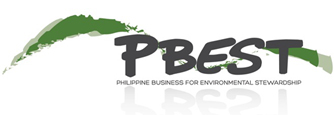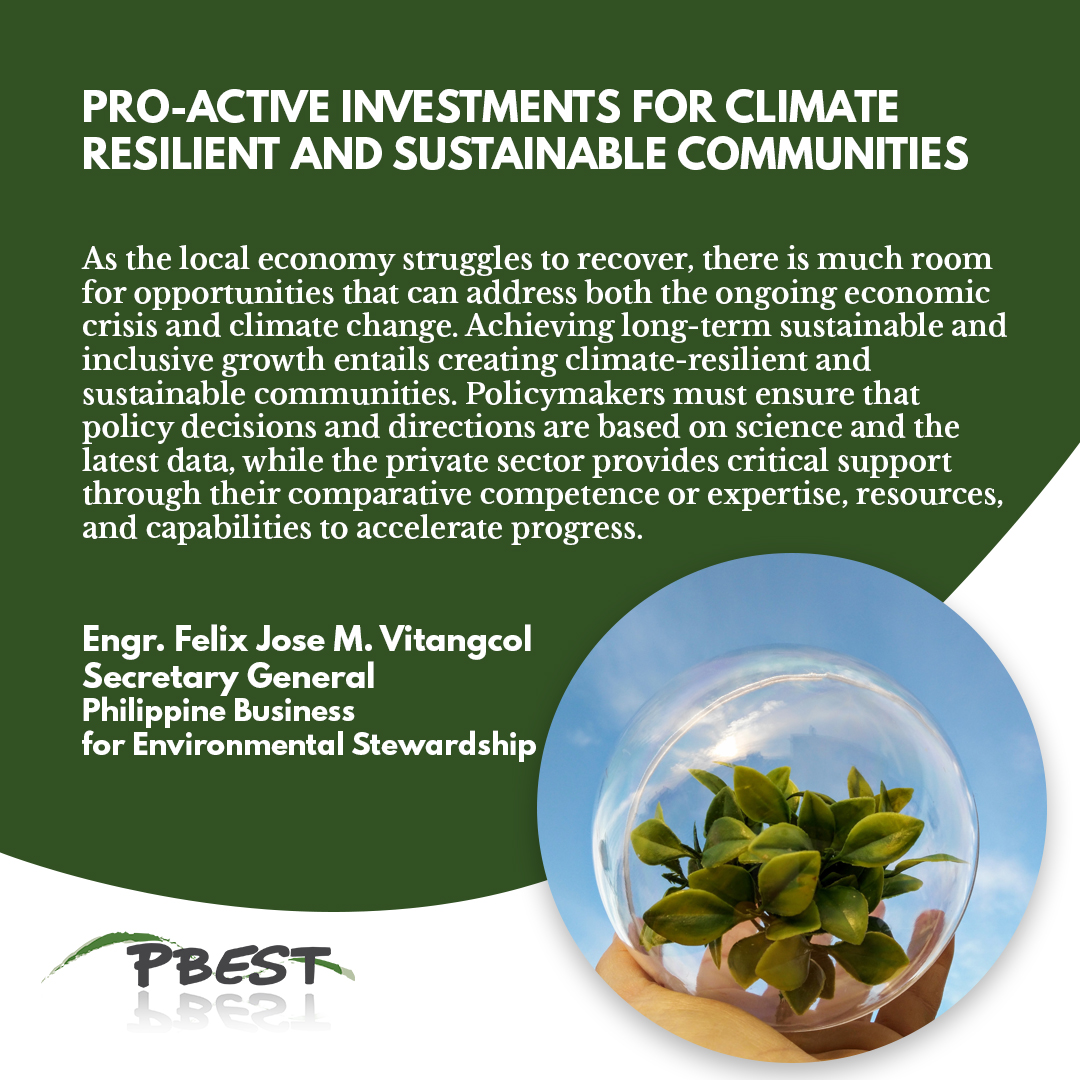Just recently, the country was deluged with consecutive typhoons that caused extensive damages to homes and livelihood of Filipinos already struggling with the ongoing pandemic. Agricultural losses and infrastructure damages are estimated to cut P90 billion worth of growth, according to the National Economic and Development Authority (NEDA).
While the Philippines is hit by an average of 20 typhoons yearly, there is an observable trend in recent years. Typhoons that visit the country are becoming more intense. In fact, according to the World Risk Index, the Philippines ranks 9th in 2020 as the riskiest country in terms of occurrence of extreme weather events.
The underlying causes of these challenges are hardly a secret – a reactive rather than anticipatory climate-resilient policies, and the unsustainable community investments that do not incorporate protection and solution to the impacts of climate change. To date, our facility investments and the mechanisms in place are designed with assumptions of a future climate much the same as decades ago, forcing them to function outside their tolerance levels.
During the second session of this year’s Pilipinas Conference organized earlier by the Stratbase ADR Institute entitled “Towards Green Economic Recovery: Designing Climate Resilient and Sustainable Communities,” the invited speakers emphasized the same underlying challenges and viable solutions.
According to Usec. Analiza Teh, Undersecretary for Finance, Information Systems and Climate Change of the Department of Environment and Natural Resources (DENR), the need for investments in nature-based solutions for resilience, policy reform, and capacity building became more evident because of the effect of Ulysses. Community resilience must be at the heart of a green recovery, and it requires integrating sustainable measures in government policies, programs and plans to achieve transformational changes in health, climate, environment, and eradication of poverty.
Hon. Francisco “Isko” Moreno Domagoso, Mayor of Manila City and the keynote speaker of the said event, also highlighted that despite the challenges faced in creating a green city, it is not rocket science. It can be done and it is doable and applicable. He also urged the for the private corporations to work hand in hand with the government, to achieve our goals in protecting the environment and creating sustainable programs for the next generation.
With this, Philippine Business for Environmental Stewardship (PBEST) underscores the need to act now. As the local economy struggles to recover, there is much room for opportunities that can address both the ongoing economic crisis and climate change. Achieving long-term sustainable and inclusive growth entails creating climate-resilient and sustainable communities. Policymakers must ensure that policy decisions and directions are based on science and the latest data, while the private sector provides critical support through their comparative competence or expertise, resources, and capabilities to accelerate progress.
How our communities transform for the coming years determines how global warming and climate change will affect the lives of the Filipino people.

